Roziah Latif and the Jayhawkers
(Write Up by DJ Carl Hamm, USA)
(Write Up by DJ Carl Hamm, USA)
The Jayhawkers in 1969
Joe Chelliah formed the Jayhawkers in 1964 and was lead guitarist and
composer of many hit songs for the group who remained active until 1976. One
fact that Mr. Chelliah takes some pride in is that the Jayhawkers were the
first non-Malay group to record Malay Pop music – they were all Malaysian Indians with the exception of
singer Roziah Latif who is Malay – and they were one of the top bands of the
era.
See their last performance together in 2002 at http://www.youtube.com/watch?v=gIRodEfh_oM
Joe Chelliah, was born and grew up on the Nordanal Estate,
a
rubber plantation - attending early school in Johor, and later in Seremban. His Tamil heritage gave him a lot of exposure to music in his early years, and
many of his family members were also musicians. Early in his teens, he used to
run with a group of friends who called themselves the Blue Jeans Gang, and he would improvise on milk tin cans to calypso songs that were
popular and thus received the nickname "Bongo Joe" at the time. Then
his brother invited him to play bongos with his Tamil group,
the Kalaivanar Orchestra. Joe then picked up the ukulele and then moved on to playing guitar.
After Joe finished high school he played in several groups as either a
bassist or a drummer (one such band was Benny Jackson's Amigos - which often
played at the local youth club parties
and dances). He later formed a group with his friend Harold
Lawrence (who had also played with the Amigos) called the Twilights.
During these days a group of Joe's neighborhood friends called "the Melaka Road Boys"
was a sort of loose gang of teenagers
who all lived on Melaka Road. They would come along to their
performances to carry equipment and act as roadees
and/or bouncers for the band. Joe’s
band became one of the most sought after groups in Seremban, and also won "The
Shadows" talentime contest in 1962. They performed at local weddings,
birthdays, and also at the local British army bases. They were popular with the British army boys and had
to learn to play Western dance music besides Scottish and Irish folk songs like
the Gay Gordons and the Irish
Washerwoman. Peripheral benefits
included friendship with Britsih girls as well besides free drinks at the army
parties. But later, due to
varied interest and musical directions, the members of the Twilights decided to
leave Joe behind and form another group called the Phantoms. Not to be outdone,
Joe bought his own Hofner guitar, a
Gibson amp, and a popular guitar effects gadget called the tape-echo
and formed the Jayhawkers.
Joe was a teacher by profession and was never a
professional musician even then – a semi-pro at best. Other members of his group included brothers
Martin Joseph Seriwardene, and later John Anthony Seriwardene on Rhythm guitar,
Douglass Canagasabai on Drums, Donald Henderoff on Bass, Harold Lawrence on
Organ (who returned to play with Joe again after a stint
with the Phantoms), and many others over the years.
They started out playing music at high school talentime shows which
is where they met Roziah. They played all Western hits of the
day for birthday parties, weddings and the British army
bases. But Joe remembers, “We never even thought of ourselves as
professionals, it was just about having fun. It was an incidental thing; we all
had our own day jobs”
Roziah Latif was the attractive and stylish singer of the group with a
dreamy, sensuous voice. She was still
schooling and aged 16 at the time. Though they occasionally featured other
singers, and even once backed the great Malay legendary Tan Sri P Ramlee
himself, Roziah was usually the main vocalist in the spotlight. “She was a
cover girl for all the music magazines back then” says Chelliah. “ and the
trend was to highlight mainly the singers – and Roziah drew a lot of attention
to the band because not only was she pretty, she was also a naturally talented
singer with a sweet voice.”
.
As the first Singaporean singers
began to have hits with their songs sung in Malay, a TV producer suggested that
Joe write some songs in Malay. Joe
travelled to Singapore by train and approached Philips Singapore with demo
tapes to record their first EP with Roziah Latif. Roziah was a very pretty
girl with an incredible singing voice, but she was several years younger than the
rest of the band members, so in the beginning they only took her out singing
once in a while – usually to radio and TV appearances, and eventually, to
record this song, "Aku Kecewa", from their first EP on Philips which
became an instant hit. Philips was a very prestigious international label to
record for and only a few made their grade at Philips – such as Jeffridin and
the Siglap Five, and Eddie Ahmad and the Antartics.
Aku Kecewa was one of Roziah's
earliest hits, very simple, and upbeat - and became one of the Jayhawkers’ all
time best known numbers. See with the original audio here at http://www.youtube.com/watch?feature=endscreen&NR=1&v=1WiDRgFJgfg
Others include Cinta Pertama (First Love- one of their other big hits, and a bit more complex musically – one of Joe’s favorites), Dewa Hati Saya (My Cupid At Heart), Aku Ingat Padamu (I Remember You) and Apa Salah Ku (Where did I go wrong?). “ Radio Singapore had a program called Penyani Pujaan Minggu Ini meaning “ your favorite singer for the week “ says Chelliah. “ Songs from that first EP were #1 on the charts for two months. We were the peninsular answer to the Siglap 5 and the Rhythmn Boys, Sanisah Huri etc. They were dominating the scene, and then suddenly we, together with L. Ramli & Terina Ria and also A. Halim & De’ Fictions came along.” “We were proud that we could stand up to the Singapore onslaught. The Singapore bands were generally better equipped and as Singapore was more cosmopolitan, we were seen as kampung (village) boys.”
Others include Cinta Pertama (First Love- one of their other big hits, and a bit more complex musically – one of Joe’s favorites), Dewa Hati Saya (My Cupid At Heart), Aku Ingat Padamu (I Remember You) and Apa Salah Ku (Where did I go wrong?). “ Radio Singapore had a program called Penyani Pujaan Minggu Ini meaning “ your favorite singer for the week “ says Chelliah. “ Songs from that first EP were #1 on the charts for two months. We were the peninsular answer to the Siglap 5 and the Rhythmn Boys, Sanisah Huri etc. They were dominating the scene, and then suddenly we, together with L. Ramli & Terina Ria and also A. Halim & De’ Fictions came along.” “We were proud that we could stand up to the Singapore onslaught. The Singapore bands were generally better equipped and as Singapore was more cosmopolitan, we were seen as kampung (village) boys.”
Their last EP was recorded under
MMI in 1969 in Kuala Lumpur. Roziah
retired from entertainment scene after the failure of their last album but The
Jayhawkers continued to perform till 1976 as a party band. When Joe moved to study formal music in Kuala Lumpur in 1976 he formed
a band called The Shades Of Time. Joe Chelliah became music teacher at the Specialist Teacher Training Institute in
KL where he taught for many years. He also studied music up to the graduate
level in the United States at the
University of Iowa under a governmental scholarship. He still continued to
perform over the years but his music became more influenced by jazz idioms.
He is now retired from active musical
performance and runs NJ Entertainment Consultants, a successful events company. Considered an academic and music activist
too these days, he is also often invited
to talk or present papers regularly at universities and also radio and
television programs. Chelliah has also a passion for writing over
the years as well and has also written an excellent autobiography called “The
Times and Chimes of Joe Chelliah” besides a basic reference book for music
education titled “Pendidikan Muzik Kontemporari” – Contemporary Music Education
– which is used by undergraduates at local universities.
+in+florals.bmp)




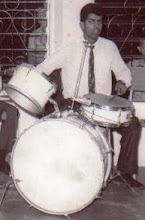

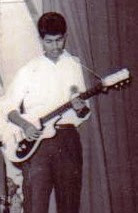


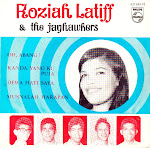



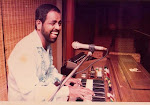

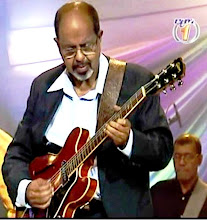


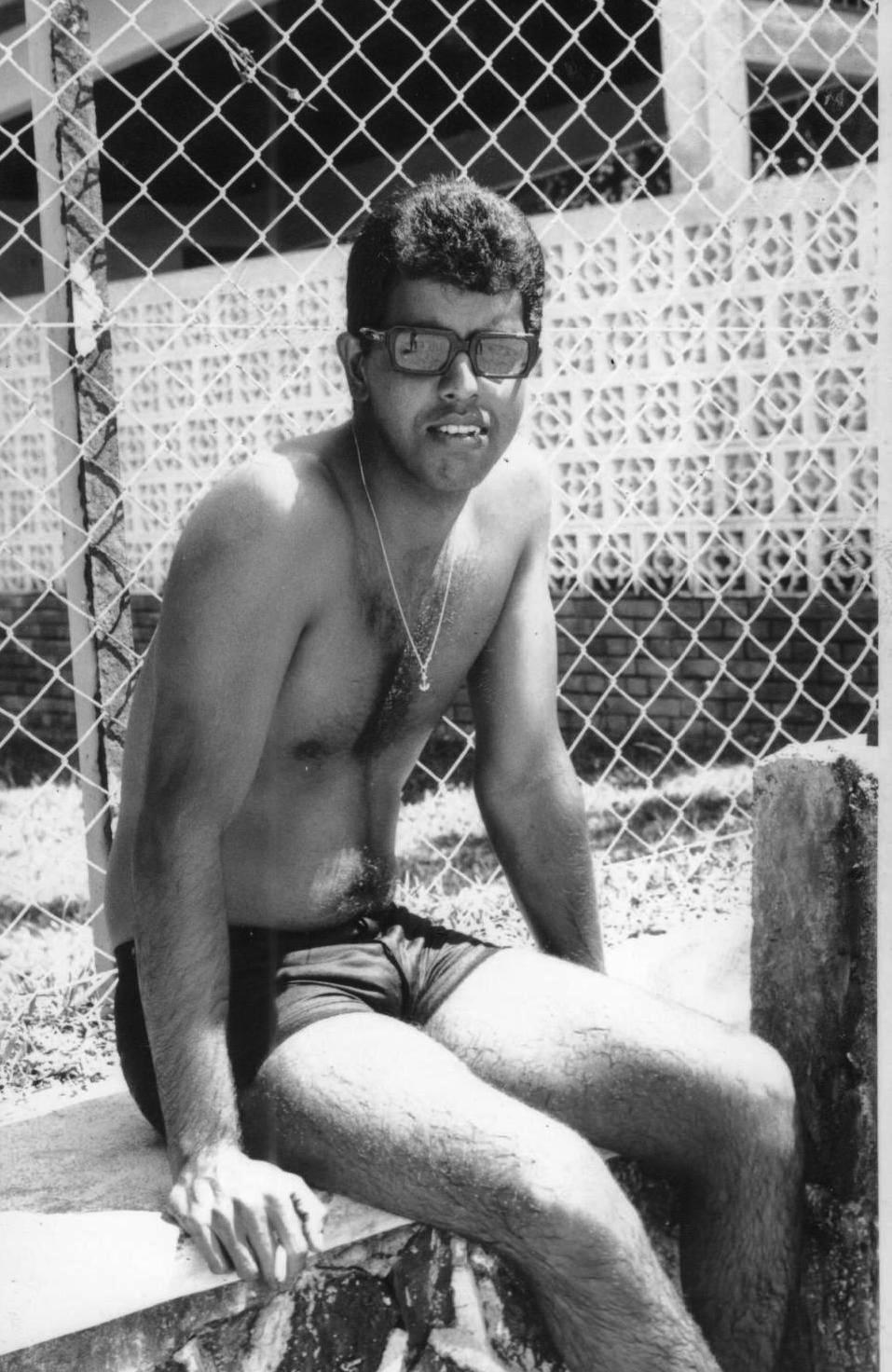
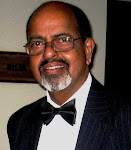


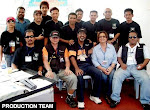
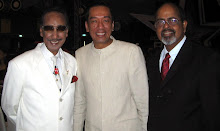

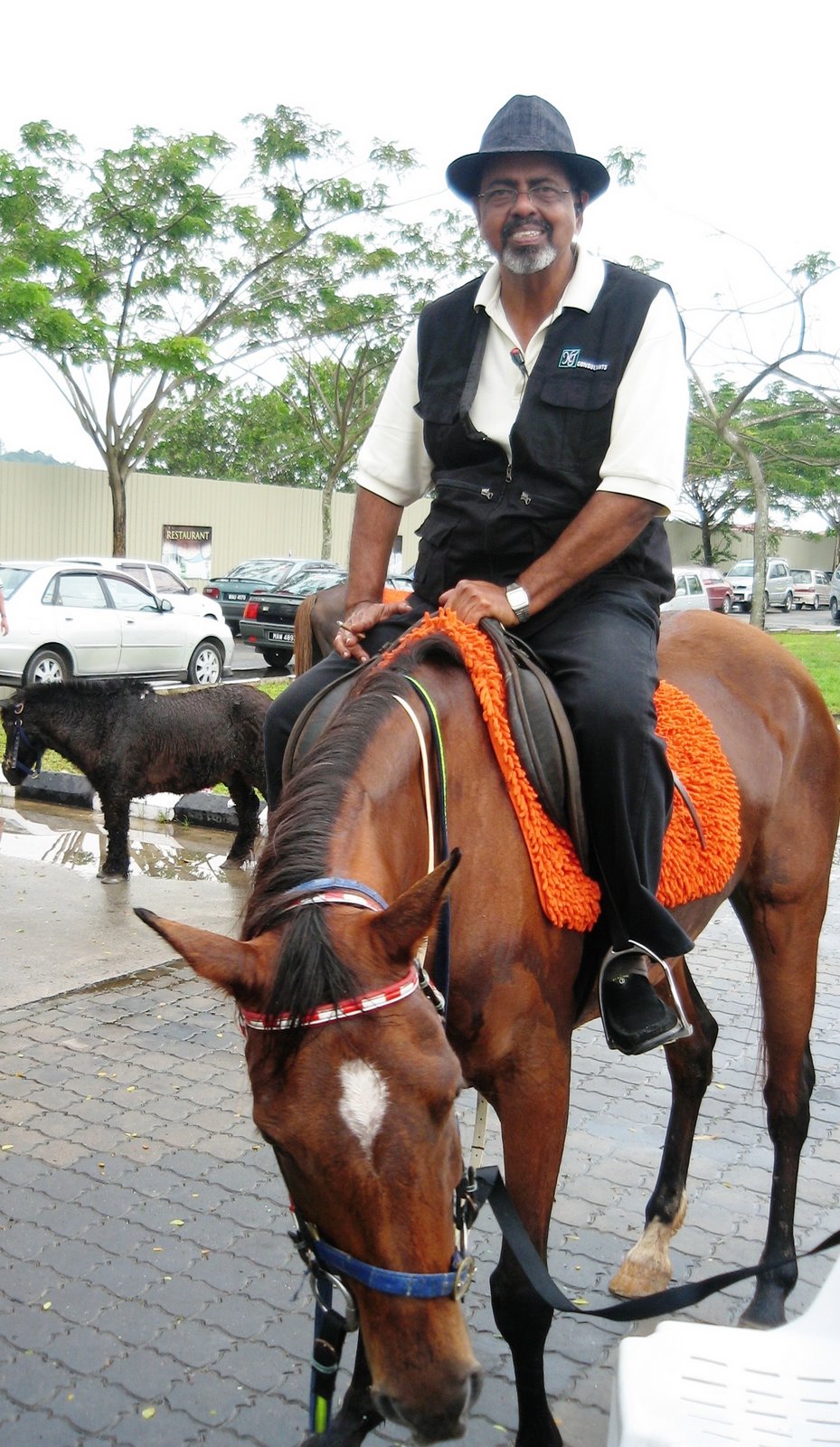







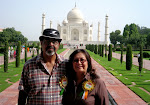



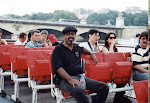

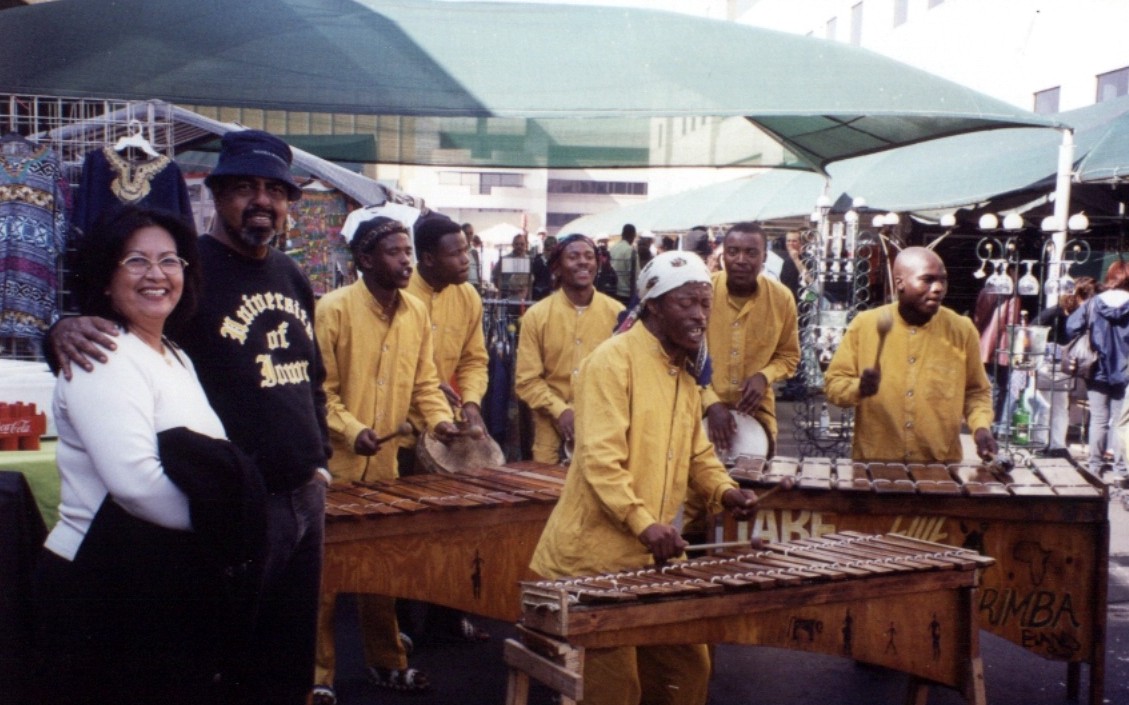

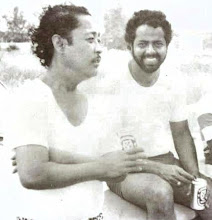
No comments:
Post a Comment